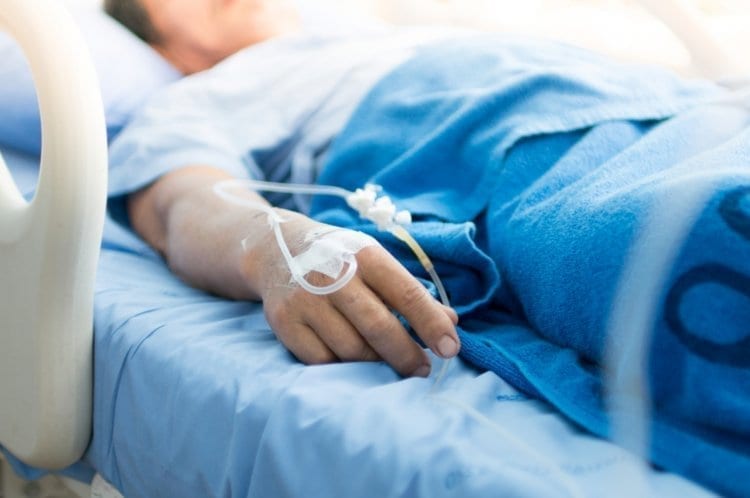Doctors treating adult patients with ADHD are familiar with the higher risk these patients have for be involved in car crashes. Impulsiveness and easy distraction, the 2 main symptoms of ADHD contribute to the higher rate of collisions in this group.
But hope is not lost. According to a study from the Caroline Institute a medical university in Solna in the Stockholm area, Sweden, one of the largest, most prestigious medical universities in the world, adult patients with ADHD who get treated with Ritalin (or generic brand) dramatically lowered their risk of being involved in a car crash. “Car crashes are a leading cause of injury and death among adults with ADHD” says head researcher Zheng Chang, “and this is the reason we chose to research this topic.”
To process the data, researchers checked health insurance claims of over 2 million American adults diagnosed with ADHD whose average age was 32. Over 80% were documented as having purchased Ritalin or an equivalent.
The second stage of the research was to check for emergency room visits from car crashes amongst the group. They then compared the numbers of those who bought the medicine as opposed to those who didn’t. Researchers found that “men with ADHD who took their medication were statistically 38% lower risk of a car crash and women with ADHD who took their medicine were 42% lower risk of a car crash.” A control group of similar adults without ADHD was used for comparison.
The research though convincing, does have a few small holes in it. Firstly buying a medicine doesn’t conclusively mean that it was in fact taken. Secondly emergency room visits are but a small part of car crashes most of which don’t necessarily warrant a visit to the emergency room. Many injuries are too small or G-d forbid on the other end if they’re fatal collisions they won’t end up in an emergency room. Even so, the evidence is still compelling enough to convince ADHD drivers to take their meds if they plan on driving.
But even these adults must beware when the medicine wears off and the ‘rebound’ kicks in increasing impulsivity.





